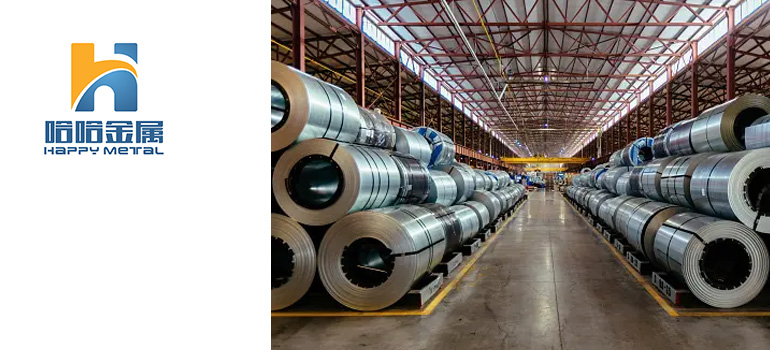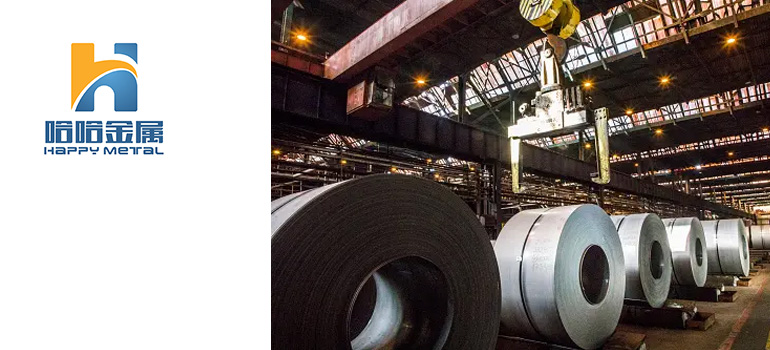Summary:
Innovate with Metal: A Deep Dive into Alloy Sheet Advantages
What is Alloy sheet metal?
Diverse Alloys Used in Sheet Metal
Chemical Composition Insights
Advantages of Alloy Sheet Metal
What is Alloy sheet metal?
Alloy sheet metal refers to thin sheets or plates made from alloys, which are mixtures of two or more different metallic elements. These alloys are specifically crafted to combine the desirable properties of individual metals, resulting in a material with enhanced characteristics. Alloy sheet metal is widely used in various industries due to its unique combination of strength, durability, and other specialized features.
The process of creating alloy sheet metal involves carefully blending different metals to achieve a desired composition, followed by shaping the material into thin sheets through processes like rolling or extrusion. The choice of metals and their proportions in the alloy can be tailored to meet specific performance requirements for particular applications.
The advantages of alloy sheet metal include increased strength, improved corrosion resistance, and versatility in various manufacturing processes. This makes alloy sheet metal a preferred material in sectors such as aerospace, automotive, construction, and electronics.
In summary, alloy sheet metal is a versatile and high-performance material that results from the combination of different metals, offering superior properties compared to individual metal components. Its use contributes to the development of innovative and durable products across diverse industries.
Diverse Alloys Used in Sheet Metal

The first aspect of alloy sheet metal is its diverse variety. Different industries and applications require different types of alloys to meet specific performance and requirements. Some common alloys include:
Aluminum Alloy: Known for its lightweight and corrosion resistance, it is widely used in aerospace and automotive manufacturing.
Stainless steel sheets: have excellent corrosion resistance and are used in the manufacture of kitchen utensils, building structures, etc.
Titanium Alloy: It has high strength and high temperature resistance, and plays an important role in the aviation industry and medical field.
Chemical Composition Insights
A deep understanding of the chemical composition of alloy sheet metal is crucial for understanding its properties. The composition of the alloy depends on the desired final performance. This may include adding specific metal elements, adjusting their proportions to obtain the required properties such as hardness, strength, conductivity, etc.
The role of alloying elements: The addition of elements such as manganese, chromium, and nickel can improve the mechanical properties and corrosion resistance of alloys.
Proportional control: The proportion control of various elements in alloys has a significant impact on the performance of the final product.
Advantages of Alloy Sheet Metal
Alloy sheet metal has numerous advantages, making it the preferred material in many industries. Let’s delve into some of the main advantages of alloy sheet metal.
Strength and Durability Factors
Alloy sheet metal stands out for its excellent strength and durability. Through reasonable selection of alloy composition and manufacturing process, alloy sheet metal can withstand high stress and load, making it outstanding in structural applications.
Material composition and strength: the strength of alloy sheet metal is directly affected by its composition. The combination and proportion of different metal elements will play a key role in the strength and hardness of the final product.
Manufacturing process for improving strength: the manufacturing process has a significant impact on the final strength and properties of alloy sheet metal. The precise manufacturing process can improve the grain structure, reduce defects, and enhance the strength.
Influence in structural application: the strength requirements of alloy sheet metal are different in the fields of construction, aviation, automobile and so on. We will have an in-depth understanding of how it meets the structural requirements in these areas.
Durability and fatigue resistance: in addition to strength, the durability of alloy sheet metal is also one of its key characteristics. Fatigue resistance is an important consideration to prevent crack and deformation in long-term use.
By deeply understanding these factors of strength and durability, we can better understand how alloy sheet metal provides reliability and excellent performance in various application fields.
Corrosion Resistance in Alloy Sheets
Unlike many single metals, alloy sheet metal is popular for its excellent corrosion resistance. This makes it an ideal choice for marine, chemical and other harsh environments, extending the service life of the product.
Alloy selection and corrosion resistance: different types of alloys show different properties in the face of corrosion. It is necessary to select the appropriate alloy type according to the specific environment.
The importance of corrosion resistance: the corrosion resistance of alloy sheet metal is one of the cores of its excellent performance. This feature enables it to maintain a long-term stable appearance and performance in harsh environments such as marine, chemical and outdoor buildings.
Surface treatment and coating: in addition to the performance of the alloy itself, surface treatment and coating are also the key factors to improve the corrosion resistance of alloy sheet metal. This includes plating, coating or other protective measures.
Versatility in Applications
The versatility of alloy sheet metal makes it suitable for a wide range of applications. From aerospace to electronic equipment, it plays a key role in the manufacturing industry.
Automobile industry: alloy sheet metal plays a key role in automobile manufacturing. Its high strength, lightweight and corrosion resistance make it an ideal choice for body structure, doors and other key parts.
Lightweight design: how to use alloy sheet metal to realize the lightweight of automobile and improve fuel efficiency and performance.
Aerospace Applications: alloy sheet metal has an irreplaceable position in the aerospace field. Its high strength and low density meet the requirements of aircraft components for strength and lightweight.
Construction and construction industry: alloy sheet metal is widely used in buildings to manufacture exterior walls, roofs, window frames, etc., providing structural strength and long life.
Electronic manufacturing industry: electronic equipment often has extremely high requirements for materials. Alloy sheet metal is widely used in electronic manufacturing because of its conductivity, corrosion resistance and other characteristics.
Emerging trends and future applications: finally, we will discuss the potential role of alloy sheet metal in emerging fields and future applications, such as the development trend of renewable energy and advanced technology.
Through in-depth understanding of these application areas, we can better understand how alloy sheet metal promotes innovation, improves product performance, and meets the needs of different industries.




